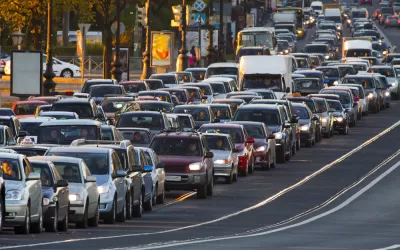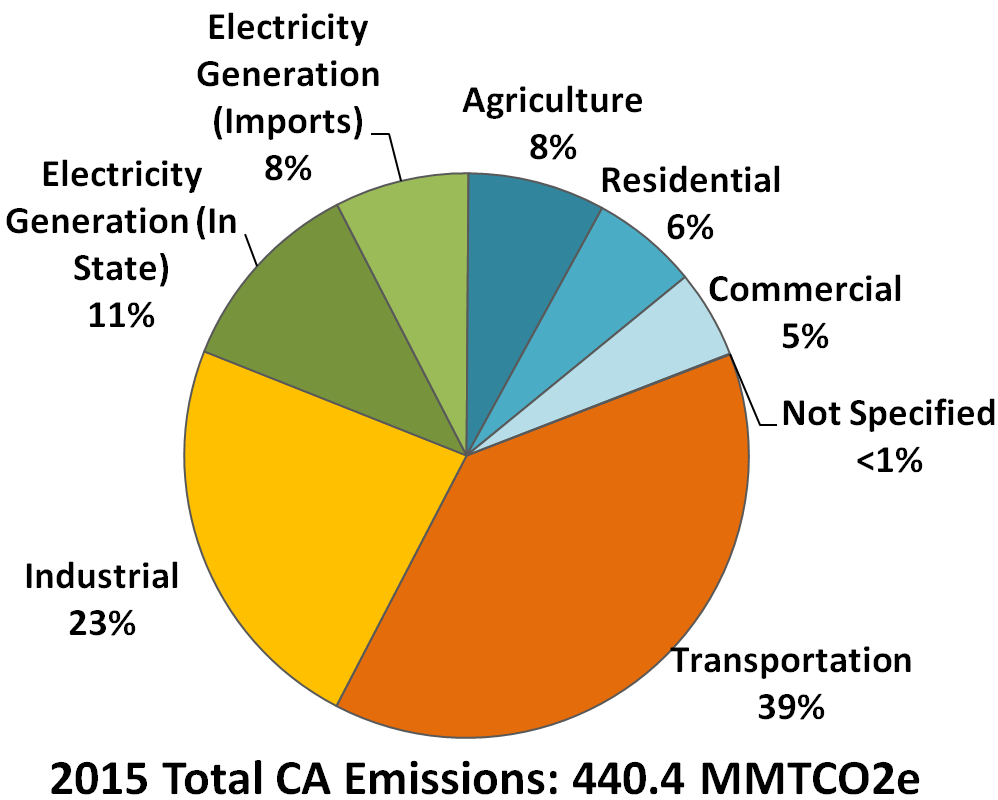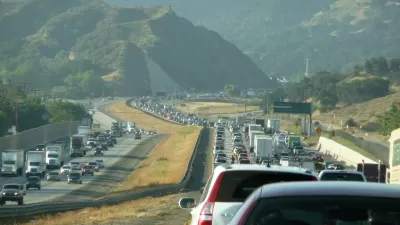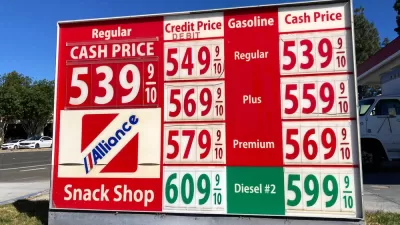Americans have increased their driving every year since 2011, and the first six months of 2017 were no different, increasing 1.6 percent compared to last year, according to data released Tuesday by the Federal Highway Administration.

Mileage in June alone increased 1.2 percent from June 2016, or 1 percent when seasonally adjusted, according to the June '"Traffic Volume Trends' report – a monthly estimate of U.S. road travel," reports Doug Hecox for the Federal Highway Administration (FHWA). "The estimates include passenger vehicle, bus and truck travel."
The reports breaks down the mileage data by region, with the West showing the greatest increase, 2.2 percent, and the Midwest reporting the smallest gain, 0.5 percent.
At 3.5 percent, Oklahoma led the nation with the largest unadjusted single-state traffic percent increase compared to the same month a year earlier, followed by Nevada and Kansas at 3.4 percent and 3.3 percent respectively. At 2.3 percent, Michigan had the nation’s largest unadjusted traffic decrease for the month.
As posted earlier this month on the release of the May data, vehicle miles traveled increased dramatically with the decrease in gasoline prices in 2014.
With the West leading the increase in driving, the new data can't be seen as good news for greenhouse gas regulators in California, who are concerned about the increasing emissions from the transportation sector, which account for 39 percent of total emissions.
Credit: California Air Resources Board (CARB) – Emissions by Sector, Greenhouse Gas Inventory
CARB reported in June on the 3 percent increase in transportation emissions in 2015, the latest year for which the state has detailed data on emissions. The increase threatens to derail attempts to meet the new emissions target of 40 percent reduction by 2030. Legislators are aware of the problem, and have proposed increasing state rebates for electric vehicles.
As far as reducing vehicle miles traveled by reducing commute distances, as suggested by a report released this month by Next 10, legislators are considering many bills to increase housing construction, particularly units that are affordable. Ben Adler of Capital Public Radio reports on a deal reached Monday night among legislators to advance a package of bills, including a $4 billion affordable housing bond to appear on November's ballot next year.
Related FHWA mileage posts in Planetizen:
- Another Month, Another Mileage Record Set, August 7, 2017
- Americans Continue Relentless Increase in Driving, December 12, 2016
FULL STORY: U.S. Driving Increases for Sixth Straight Year, New Federal Data Show

Planetizen Federal Action Tracker
A weekly monitor of how Trump’s orders and actions are impacting planners and planning in America.

Chicago’s Ghost Rails
Just beneath the surface of the modern city lie the remnants of its expansive early 20th-century streetcar system.

San Antonio and Austin are Fusing Into one Massive Megaregion
The region spanning the two central Texas cities is growing fast, posing challenges for local infrastructure and water supplies.

Since Zion's Shuttles Went Electric “The Smog is Gone”
Visitors to Zion National Park can enjoy the canyon via the nation’s first fully electric park shuttle system.

Trump Distributing DOT Safety Funds at 1/10 Rate of Biden
Funds for Safe Streets and other transportation safety and equity programs are being held up by administrative reviews and conflicts with the Trump administration’s priorities.

German Cities Subsidize Taxis for Women Amid Wave of Violence
Free or low-cost taxi rides can help women navigate cities more safely, but critics say the programs don't address the root causes of violence against women.
Urban Design for Planners 1: Software Tools
This six-course series explores essential urban design concepts using open source software and equips planners with the tools they need to participate fully in the urban design process.
Planning for Universal Design
Learn the tools for implementing Universal Design in planning regulations.
planning NEXT
Appalachian Highlands Housing Partners
Mpact (founded as Rail~Volution)
City of Camden Redevelopment Agency
City of Astoria
City of Portland
City of Laramie






























